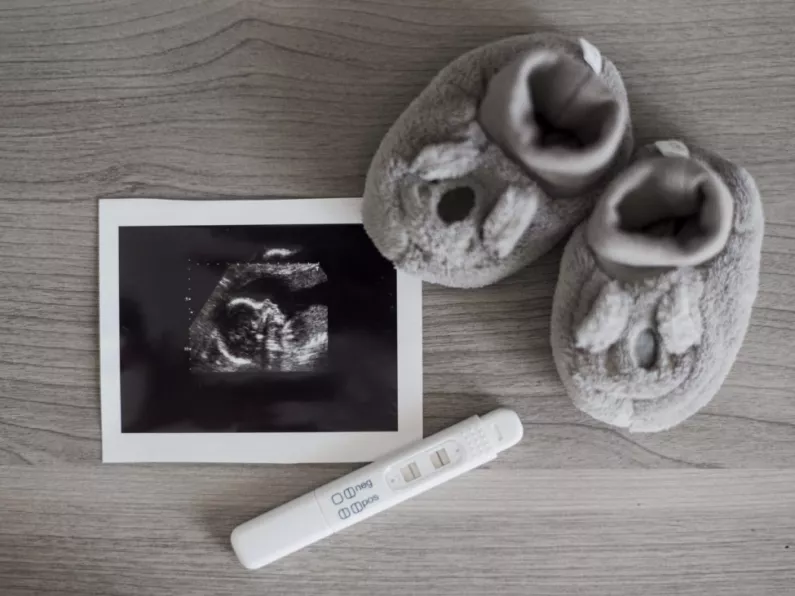Morning sickness is one of the most common early pregnancy symptoms, but the severity and timing varies for every person.
Some women feel a slight nauseousness that comes and goes, while others spend most of the day with their heads stuck down the loo.
So when does morning sickness usually start and end? Here's what you need to know.
When does morning sickness typically start?
There's no exact timeline but most women start to feel queasy halfway through the first trimester, usually between weeks six and eight. Despite the name, some women only feel sick at night while others suffer nauseousness or vomiting all day long. Some women also suffer sickness in the third trimester, but that's more to do with your growing baby pushing down on your stomach rather than hormone-induced sickness.
When does morning sickness end?
Most moms-to-be start to feel much better by week 16, although a small percentage will experience nausea and vomiting for the entire nine months. If your symptoms are particularly severe, speak to your doctor. There are certain medications that can help you feel better and home remedies like ginger candy or ginger biscuits.
It's also important to alert your doctor if your morning sickness stops abruptly during the first trimester - but this isn't necessarily a cause for alarm. For some women, nausea is sporadic.
Hyperemesis gravidarum
Hyperemesis gravidarum (HG) is the medical name for severe sickness and vomiting during pregnancy. Only around 1% of pregnant women get HG, but the effects usually last longer than morning sickness.
Symptoms can include:
- sickness
- vomiting forcefully and often
- tiredness
- extra saliva
When to seek medical help
If you have severe sickness and vomiting, see your doctor before you become dehydrated or lose weight.
Signs that you need urgent medical help include:
- can't keep down any fluids for 24 hours
- feel dizzy or faint
- are losing weight
- are urinating a dark colour
- are urinating less than normal
- have not passed urine for eight hours
- feel pain when urinating
- have blood in your urine
- are vomiting blood







